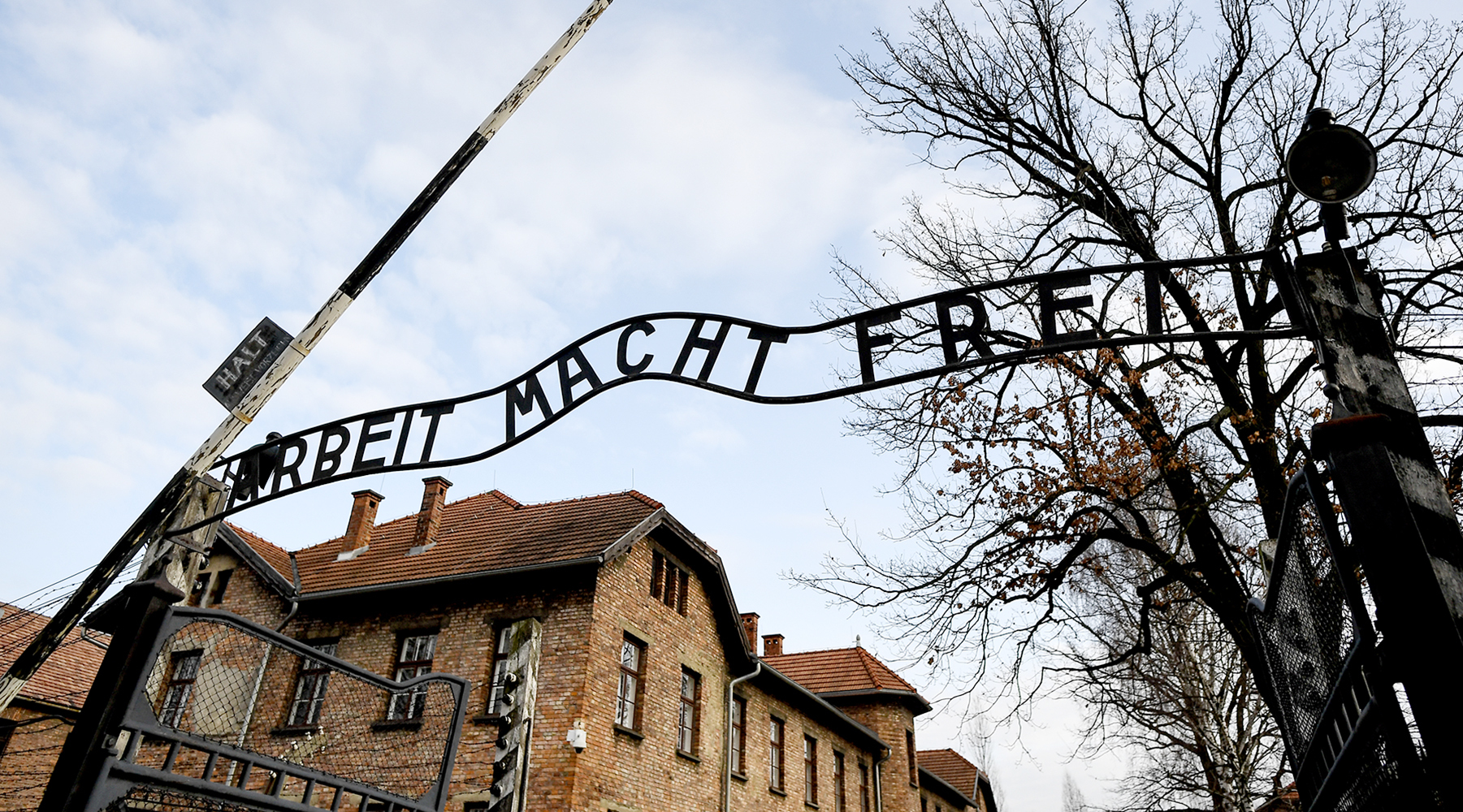The memoirs of Rudolf Vrba, the first prisoner of Auschwitz (Auschwitz), who managed to escape from the concentration camp, will be filmed.
According to Deadline, the project is led by producer Ben Shields Catlin. Filming will take place under the auspices of his film studio Story in the Sky. It is known that the scenario of the future film is developed by Evan Parter and Paul Hilborn. The works of both are included in the so-called “Black List”: this is a list of projects that have not yet been implemented, which, according to the drafters, have good potential.
Parterre also recently addressed another historical theme - the Watergate scandal. His screenplay will be the basis of the film with Chris Pine.
The rights to film adaptation of Vrba’s memoirs were filmed by filmmakers of the author’s widow, Robin Vrba, who promotes her husband’s heritage.
“Rudi considered it his duty to help the world fully realize the horror of Nazism and recognize the alarming signs in the future,” she said.
Vrba’s memoirs were first published in 1963 under the title “I Can't Forgive.” On April 21, 2020, a reprint under the heading “I Escaped from Auschwitz” will go on sale.
Paul Hilborn and Evan Parter especially emphasized the humanistic message of the book with which they will work. “The story of Rudi covers all aspects of human existence, telling about the quintessence of evil, adjacent to genuine love, friendship and the triumph of the human spirit,” the scriptwriters emphasized.
They also spoke about the strong impression the memoirs made on them and expressed their gratitude to the author’s widow: “The book“ I escaped from Auschwitz ”, which tells about a person’s desire to uncover the monstrous truth and save his people, can be called the most inspiring memoir ever read us. We are very grateful to Robin for entrusting us with sharing Rudy's story with the world. ”
- Alfred Wetzler
- © Wikimedia Commons
Rudolf Vrba (real name - Walter Rosenberg) was born in 1924 in Slovakia. At the age of 17, Rosenberg was sent to the Majdanek concentration camp (Poland), and was soon transferred to Auschwitz (Auschwitz). There, he worked on sorting the personal belongings of arriving prisoners in the Canada unit.
One of the concentration camp inmates was Alfred Wetzler, also a Slovak Jew. In April 1944, the two of them, thanks to careful preparation, fled the camp.
The fugitives knew that the camp personnel had three days to search for prisoners who were absent from the roll call. All this time, Wetzler and Rosenberg hid in a prepared shelter in building materials.
In 11 days they managed to get to Slovakia. Having taken refuge in the city of Zilina, they drew up a document known as the “Report of Vrba - Wetzler” (then Rosenberg first appeared under a pseudonym). Former prisoners described in detail what they saw in Auschwitz: massacres, working and living conditions of prisoners, and the construction of the camp.
This report played a big role in revealing the truth about the concentration camps: for a long time the information was presented in a distorted form. They sent them to camps under the guise of "deportation" and people until the last did not understand that they would be surely killed there.
The report was the first internationally acclaimed evidence of the events in Auschwitz. By that time, the mass deportation of Jews had affected Hungary, but political leaders demanded to stop this process. Thanks to the actions of Vrba and Wetzler and the international response, more than 200 thousand people were saved.
- Gates of Auschwitz Concentration Camp
- globallookpress.com
- © Britta Pedersen / ZB
Later, Rudolf Vrba witnessed during the post-war trials of the Nazis. He also studied biochemistry and taught at the University of British Columbia (Vancouver, Canada). Vrba died in 2006 of cancer at the age of 81.
Alfred Wetzler devoted himself to literature and journalism. He was an editor, also wrote his own books under the pseudonym Joseph Lanik. His work “Auschwitz, the tomb of four million people” is known, where Wetzler used the materials of the report and added information from other witnesses of those events. The novel "What Dante Did Not See" is dedicated to the same topic.

